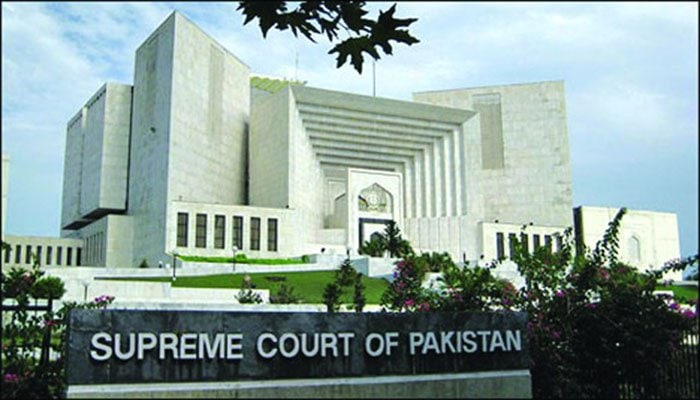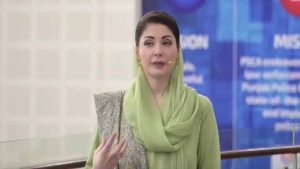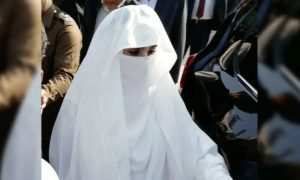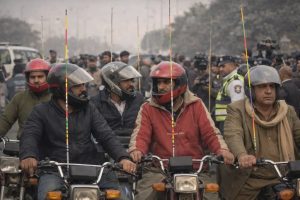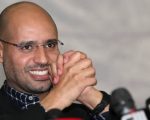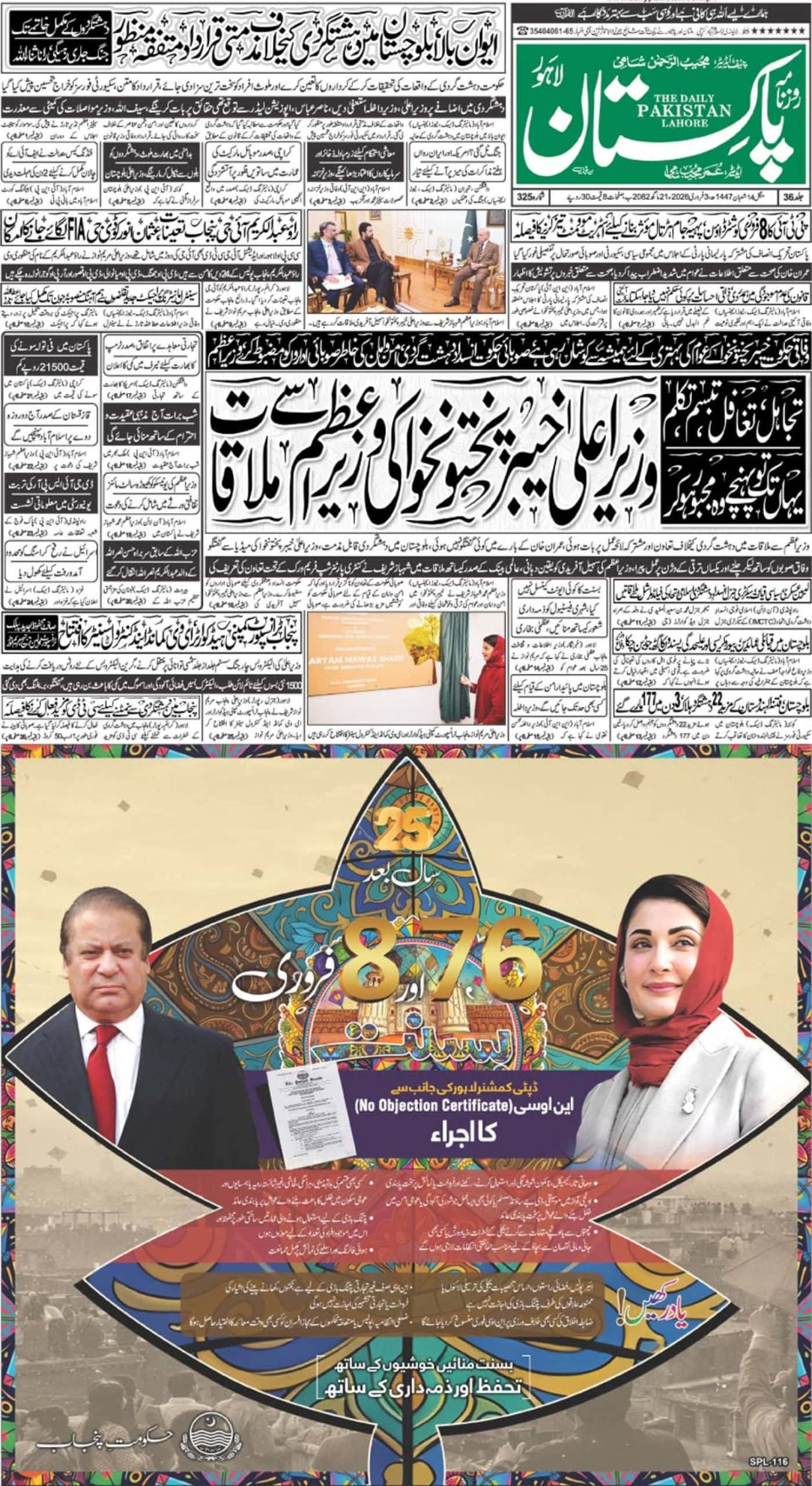ISLAMABAD – Supreme Court judges expressed concerns about legal authority to decide which civilians should be tried in army courts, questioning the basis for such decisions without opposing law.
The top court adjourned hearing regarding the intra-court appeal challenging the trial of civilians in military courts. During arguments, Advocate Khawaja Haris argued that Article 233 does not suspend fundamental rights but is invoked in emergency situations, allowing the President to temporarily suspend certain rights. Justice Jamal Mandokhel highlighted the executive’s role in carrying out the President’s orders and managing related matters.
Another judge raised question about the inconsistency in military court trials, asking why some individuals involved in the 9 May incidents were sent to military courts while others were not, despite identical FIRs.
Justices Musarrat Hilali and Naeem Akhtar Afghan also raised concerns about how distinction is made between cases tried in military courts and those handled by anti-terrorism courts (ATCs).
The bench briefly discussed case of Indian spy Kulbhushan Jadhav, with Justice Mazhar noting that following a Supreme Court ruling, the provision under Section 2-D of the Army Act was struck down, ensuring that foreign spies could not be tried in military courts.
The hearing was adjourned until the following day, with further discussions scheduled to continue regarding the differences between trials in military courts and other judicial systems.

